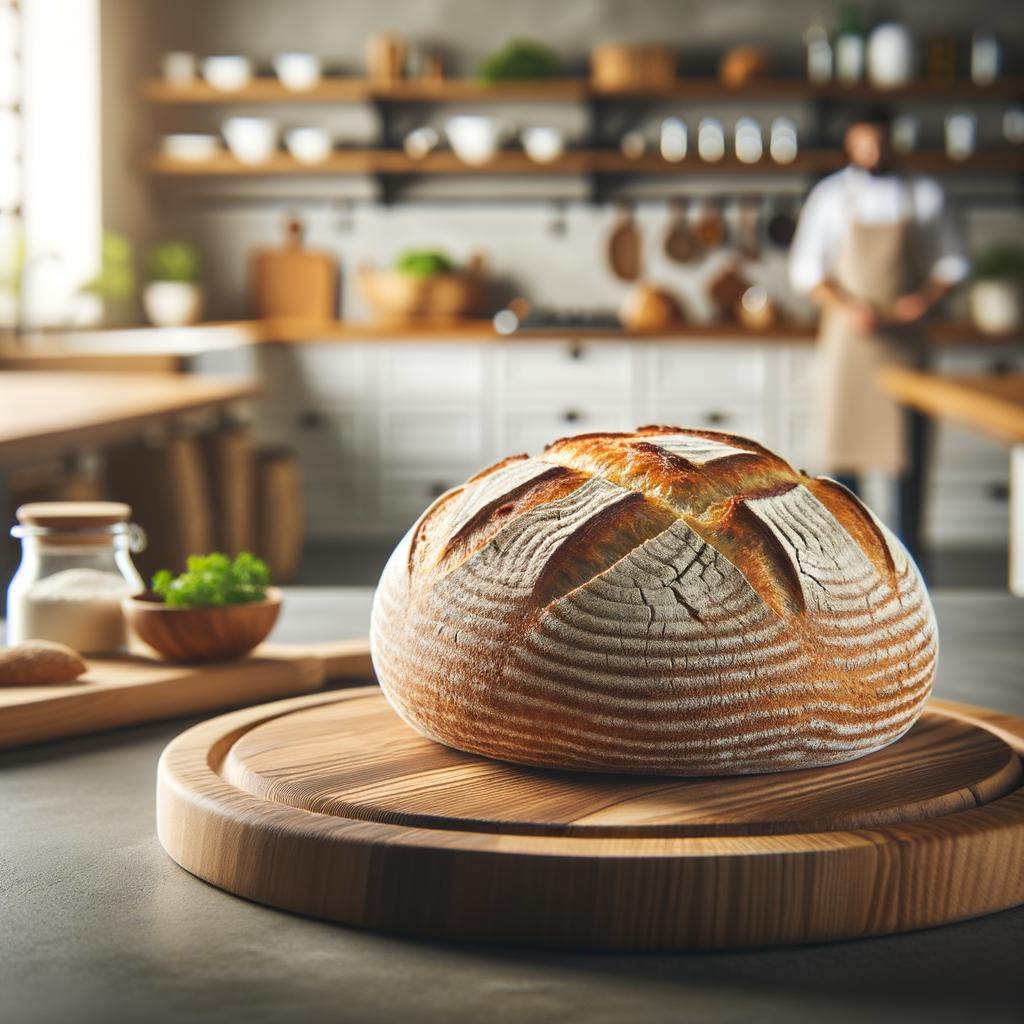Bread

Description
Bread, a staple food enjoyed worldwide, is a testament to the simple beauty of culinary alchemy. At its most basic, bread is a symphony of flour, water, and yeast, but its variations are endless. It can range from the stark white of a French baguette to the deep, golden brown of a rustic sourdough. Its texture varies as well, from the soft, pillowy crumb of a sandwich loaf to the dense, hearty chew of a rye. The flavor profile of bread is equally diverse, from the subtle sweetness of brioche to the tangy bite of a good sourdough. Bread's unique characteristic lies in its versatility and ubiquity; it's a blank canvas ready to be transformed by the hands of skilled bakers.
Primary Uses
Bread's use in the culinary world is as expansive as the world itself. It is the backbone of countless dishes, from the humble sandwich to gourmet French toast. It's a key component in Italian bruschetta, Middle Eastern shawarma, and American burgers. Bread is also used as a thickener in soups and stews, and as a binder in meatloaf and meatballs. Beyond its culinary uses, bread holds a significant place in many cultures and religions, symbolizing life, prosperity, and communal unity.
History
The history of bread stretches back over 14,000 years, making it one of the oldest prepared foods. Its origin is intertwined with the dawn of agriculture and civilization itself. From the flatbreads of ancient Egypt to the leavened loaves of Rome, bread has been a constant companion throughout human history. The invention of yeast-leavened bread was a culinary revolution, transforming a simple mixture of grain and water into a nourishing, flavorful staple. There are countless stories and myths surrounding bread, from the legend of the Sandwich to the miraculous feeding of the five thousand with loaves and fishes.
Nutritional Information
Nutritionally, bread is a rich source of carbohydrates, providing energy for the body. Whole grain breads also contain significant amounts of fiber, which aids in digestion. Depending on the type of flour used, bread can provide a range of vitamins and minerals, including B vitamins, iron, and magnesium. While bread is a nutritious food, it's important to consume it in moderation due to its high carbohydrate content. Compared to other carbohydrate-rich foods like rice or pasta, bread often contains more fiber and a wider range of nutrients.

